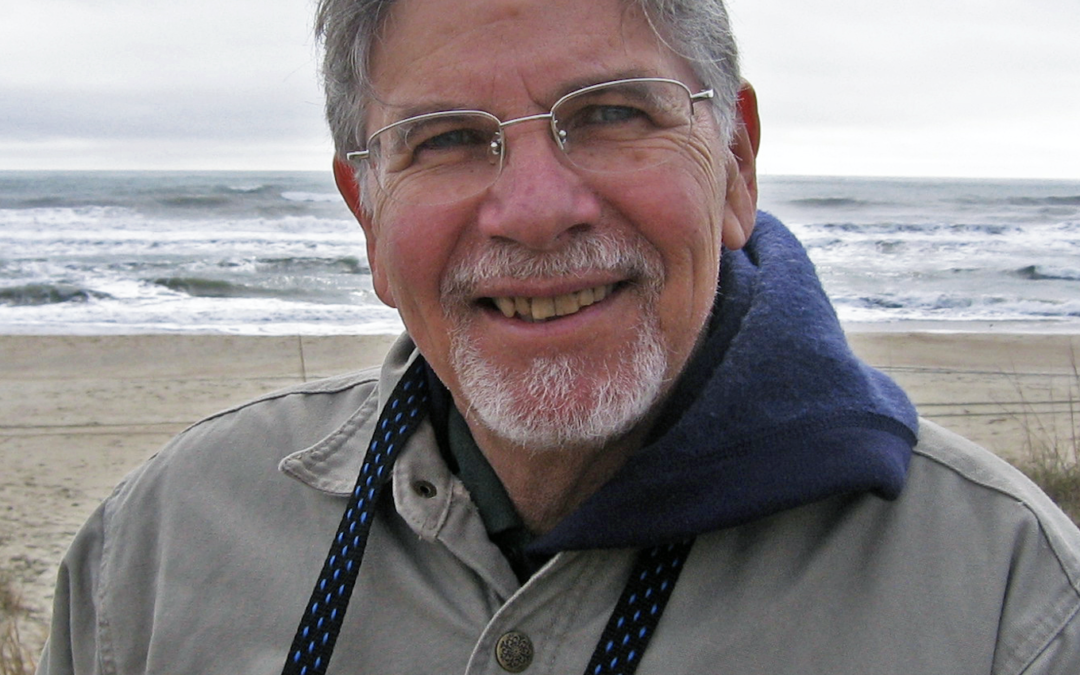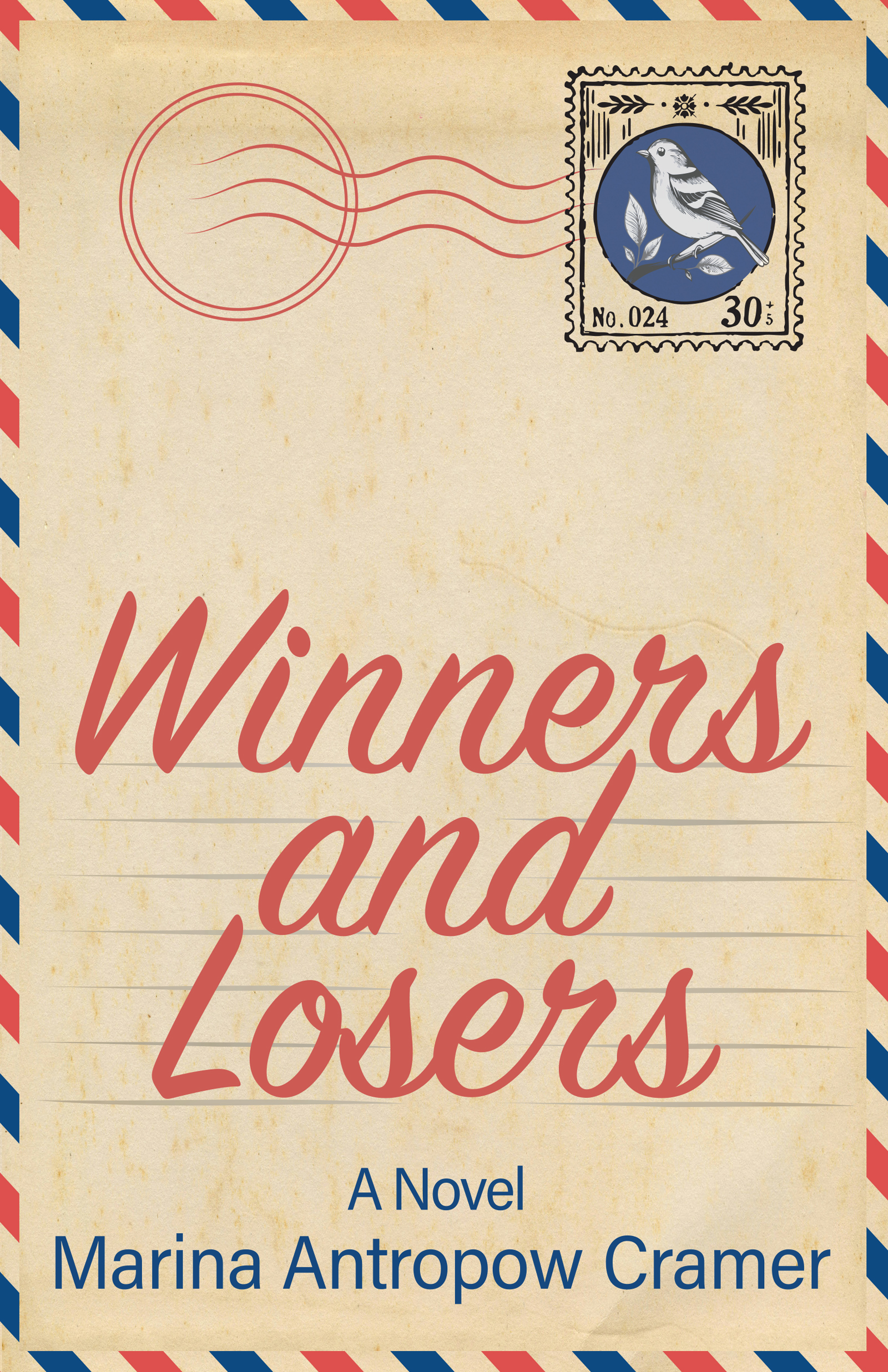David Salner worked all over the U.S. as iron ore miner, steelworker, machinist, bus driver, garment laborer, teacher, librarian. Author of four poetry collections, Salner has an MFA from the Iowa Writers Workshop.
Q: What is one struggle the main character faces and how do they overcome it?
A: “The main character flees a mine disaster where he is unable to rescue anyone. His loved ones were brutally killed and he couldn’t defend them. This becomes an internal struggle for him and he feels the need rescue.”
Q: If the main character were a member of society today, what advice would they offer to the current generation?
A: “The book is about the clash of different cultures and people from different areas, and the blending of that. The main character would advise people to look to those who are most disadvantaged to help them out. You can get help from those who are considered the bottom of society. The main character is rescued by a Jewish worker, who is also a convict, he has never known a Jewish person before. This experience is eye opening for him. He then lives in the Lower East Side, where Yiddish culture is prominent. The main message is to look to those who are very different from you for help.”
Q: What is one thing that you have learned about yourself while writing this book?
A: “I care very much that others read and value this book. I don’t write only for myself. Usually writers wont achieve the right audience unless they have prestigious backers. I want to connect. I’ve understood how difficult writing and publishing a book are and am appreciative of the help I’ve received from Apprentice House.”
Q: How did the idea for this book come to you?
A: “I have a number of connections to this book. I lived in the Lower east side when it was still a working class area in the 70s. Now it’s pretty expensive to live there. I lived and worked in hard rock mining areas too. It came together that I should have a main character who went from one experience to the other. I have a mixed family background but some Jewish identity. Antisemitic attacks have brought out my Jewish identity. If others saw me as a Jew and might lump me in with those being persecuted, I should come forward.”
Q: Do you in any way relate to any particular character in the book?
A: “The main character, Bill. He went from mining camp life to the lower east side. He saw the length and breadth of the country, I certainly have too. I’ve worked in mines, all kinds of working class jobs. I have also worked in libraries. He helps build society. He works in underground coal mining. When I lived in West Virginia I talked to and was friends with a number of underground coal miners. I heard about their poor medical care and conditions. They’ve worked on their knees’ and backs’; it’s a hard life people don’t appreciate. The main character appreciates it. He is defended by working class characters, I’ve also benefitted from that. I’ve worked on many jobs where those I was working with would help you learn dangerous jobs and didn’t credit themselves for it.”
Q: Do any particular characters in the book relate to anyone specific in your life or in history?
A: “The main character is fictional, but his brother is a real character, Frank Little. Frank was assassinated as a vigilante of labor organizers around the time of the first world war. He was lynched. The case however has been forgotten. He was brave but foolish, and he had a good heart. I have always been interested in this character.”
Q: What is one struggle faced by characters in your book that is still relevant today?
A: “To survive in alien surroundings. The main character is a fugitive. It is hard to reinvent yourself, take a new name ,and not tell people why you left. He is wrongly convicted. Jails are still full of wrongly convicted. This is very much still relevant today. One relevant group is immigrants today. Immigrants work and don’t have papers. They are forced to hide their status and are doing some of the most important work. Where I live immigrants do farm work, I am thankful to them for food on our table. This Fugitive experience is important. Also a lot of population has to move for economic reasons. Many people move to survive. They must overcome an alien culture to survive in.”
Q: What is one way you think readers will be impacted after reading your book?
A: “The book follows main character as he works as labor in Holland Tunnel. I never worked digging a tunnel underground. Though there are few records of those who dug the tunnel, did as much research as I could. People drive through tunnels and go into buildings all the time. Wherever you go, there are workers who keep it going and workers who built it. I want readers to understand and appreciate what it was actually like to do this work.”
Q: Do you relate to any of the struggles faced by characters in the book?
A: “I’ve lived a fairly uneventful life. At one time however I did experience threats from KKK. This experience is a shadow of what the characters went through. I Really saw how the working people I worked with often were looked down on as not being cultured and not understanding things. I saw how understanding they were. I also worked with people who were writing a novels and were musicians.”
Q: Is there anything you would change or wish you had done differently about your book or the process of writing it?
A: “It was a great experience writing the book. My wife helped in revising it, she said I should have gotten more help from literary people I know. A lot of help I got came late. I learned a lot from it and I’m pleased I did.”

